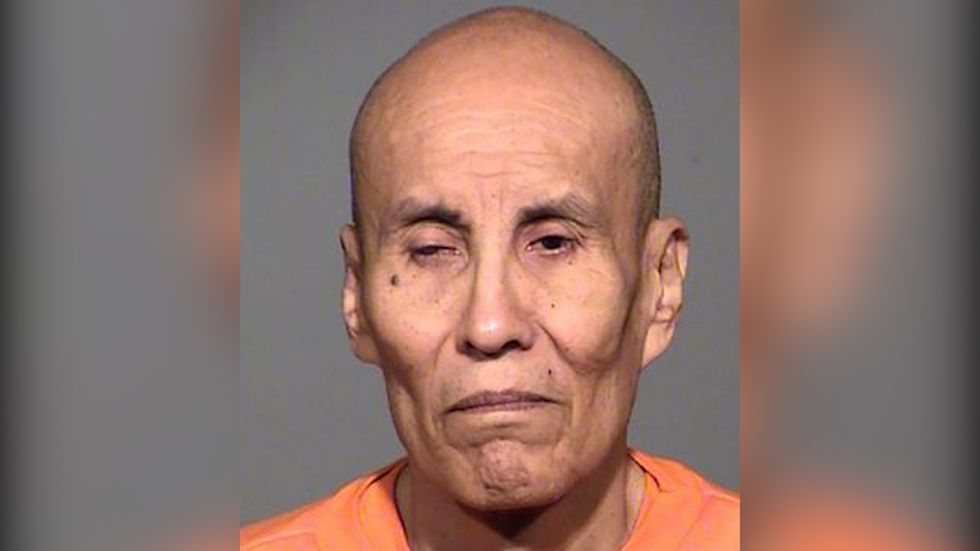Killer says 'see you on the other side' to his victim as he's executed by Arizona state for murder of student

Clarence Wayne Dixon
Arizona Department of Correction

Arizona carried out its first execution since 2014 on Wednesday, putting to death a prisoner convicted of killing a student more than four decades ago.
Clarence Wayne Dixon, convicted of fatally stabbing and strangling Arizona State University student Deana Bowdoin in 1978, was put to death by lethal injection at 10.30am local time at the state prison in Florence, Arizona, a local Fox affiliate in Phoenix reported.
In his last words Dixon maintained his innocence and, according to a witness to his execution, said: "Maybe I'll see you on the other side, Deana. I don't know you and I don't remember you."
ABC News reported Dixon also said: "I know you're seeing this, Deana. You know I didn't kill you."
The US Supreme Court on Wednesday denied without explanation a request from Dixon's lawyers to halt the execution on grounds of insanity.
The US Supreme Court
JONATHAN ERNST
Dixon was sentenced to death in 2008, some 30 years after Bowdoin was killed. The case went unsolved until 2001, when investigators matched Dixon's DNA with evidence found at the scene.
At the time, Dixon was serving life in prison for a 1986 sexual assault.
In 2017, a federal judge accepted sweeping reforms of the state's death penalty protocols, including an agreement to stop using certain drugs.
The state said it would limit the authority of the director of the Department of Corrections to change drugs and allow a prisoner time to challenge any drug changes.
Several state governments and the US federal government have struggled in recent years to obtain drugs used in lethal injection drugs, while legal and ethical questions swirl around capital punishment.
Pinal County Superior Court Judge Robert Olson ruled last week that Dixon was mentally fit to be executed.
Olson said Dixon has schizophrenia but had shown "sophistication, coherent and organized thinking" despite claiming he believed he was being executed for a sexual assault crime that occurred in 1985.
That was a different incident than the 1986 sexual assault.
The US Supreme Court has ruled that execution of mentally disabled people is unconstitutional.